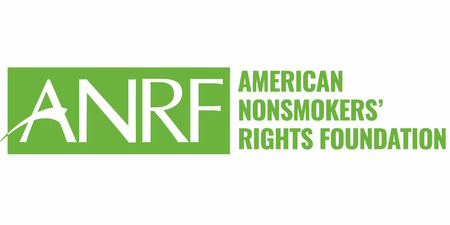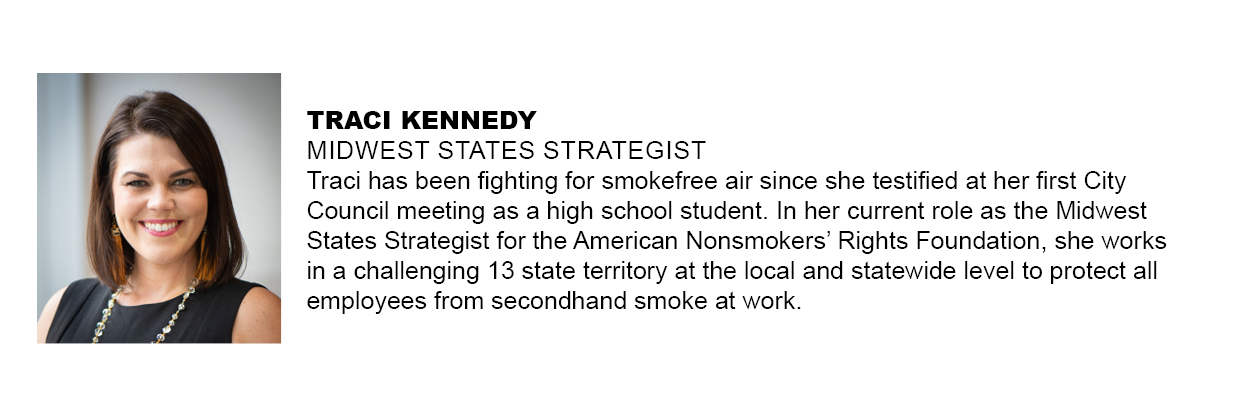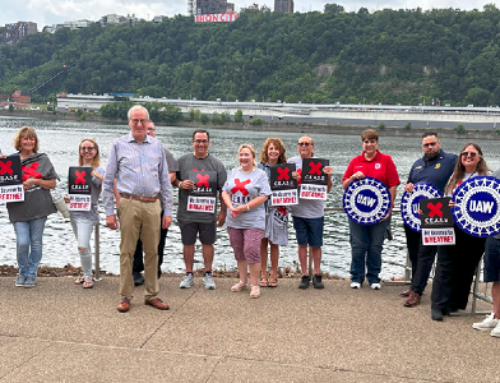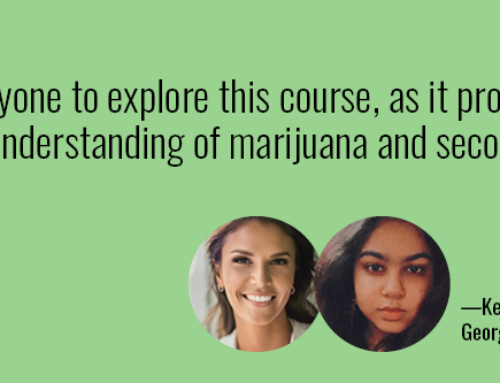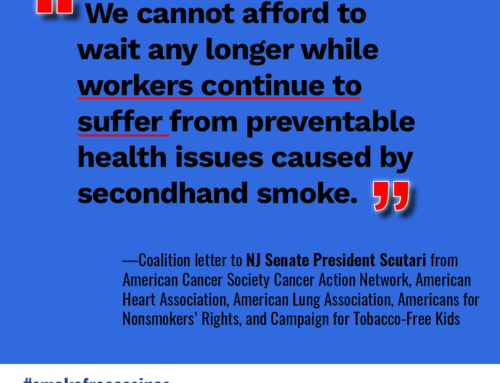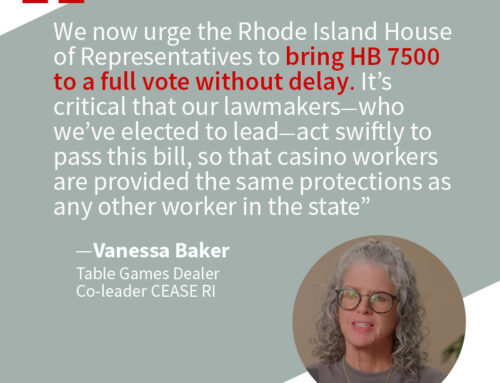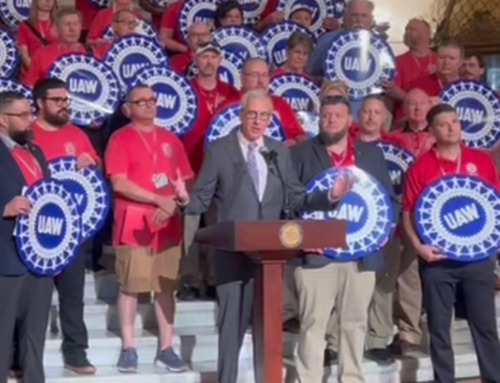Traci Kennedy shares her thoughts on the grueling legislative battle she has been engaged in this session so far. (3 minute read)
FEELING KNOCKED DOWN BY BIG TOBACCO
My introduction to the inner-workings of legislative session was in 2006 when I interned for a state senator from central Missouri. Lawmaking is change-making, advocating for those who don’t have a voice. I was hooked – the energy of the building was electric, and I never looked back. When government works, the process is powerful. Since that time, my work through ANR/F has expanded to providing technical assistance to the best advocates fighting to advance tobacco prevention and smokefree policy change both locally at home in their communities and “under the dome” advancing and defending statewide laws.
We are far from strangers to hard fought battles against Big Tobacco; however, nothing has prepared me for what we have faced in 2021. In legislative sessions in every state, the tobacco industry has come out of the woodwork, put their lobbyists front and center, and has pulled out all the stops to threaten rollback, and punish any future action on meaningful policy change at the local level. While we and our public health partners were observing social distancing and COVID-19 protocols by participating virtually, highly paid lobbyists representing RJ Reynolds and Phillip Morris, as well as tobacco retailers, crept into the corners of lawmaker offices.
PUNCH ONE
In West Virginia, the statewide coalition tied on heavy gloves, hiring a full-time lobbyist and media consultant. Despite a very organized and well-orchestrated effort, public health preemption STILL passed through the legislature and was signed into law by the governor (SB12). Thankfully, current smokefree laws remain intact. However, going forward further changes must be approved by County Commissions, and long-standing smokefree champions like local Boards of Health will face additional administrative barriers to amending any current policies. This will likely have a chilling effect on future action to protect West Virginians from secondhand smoke in places like bars and gaming venues.
PUNCH TWO
After a grueling 60 days of 24/7 watch in West Virginia, the Tennessee legislature sailed through an e-cigarette and tobacco industry bill –wolf-in-sheep’s-clothing style– by adding e-cigarettes to the weak statewide smokefree law and preventing any future local action to regulate where the products can be used (HB1047).
ON THE ROPES
Reeling from the double punches of West Virginia and Tennessee, the industry came after my home state of Missouri. I grew up in this movement. In high school, I testified in support of Missouri’s first smokefree law in my hometown where my mom led the effort when others said it wasn’t possible. My colleagues in Missouri are more like family. So when the rollback effort to nullify the 35 smokefree laws that I fought side by side with my parents, neighbors, and friends over the past two decades was introduced, I launched a no-holds-barred attack to take this bill down. With just a few days left in session, we had to strike back and fight with everything we could muster to protect local action on smokefree in Missouri. Thankfully we managed to avoid any bad preemption language this session. But based on my experience in 2021, we need to start our campaign to protect the ground gained and defend against preemption of any tobacco control or public health law.
STILL STANDING
The industry never quits. There is never an off season or maintenance mode when it comes to protecting the ground we have gained in the smokefree movement. With so much momentum in our favor with smokefree casinos and other hospitality venues and on the tails of the Biden Administration’s announcement to ban menthol sales, I choose to see this 2021 legislative session as an act of desperation on behalf of convicted racketeers.
We will pause, rest and regroup, hone our tactics, but we are not going anywhere. ANR has tracked and exposed industry interference since its inception 45 years ago and we will continue to shine the light on industry behavior and share the hazards of secondhand smoke until everyone can breathe clean, smokefree indoor air.
